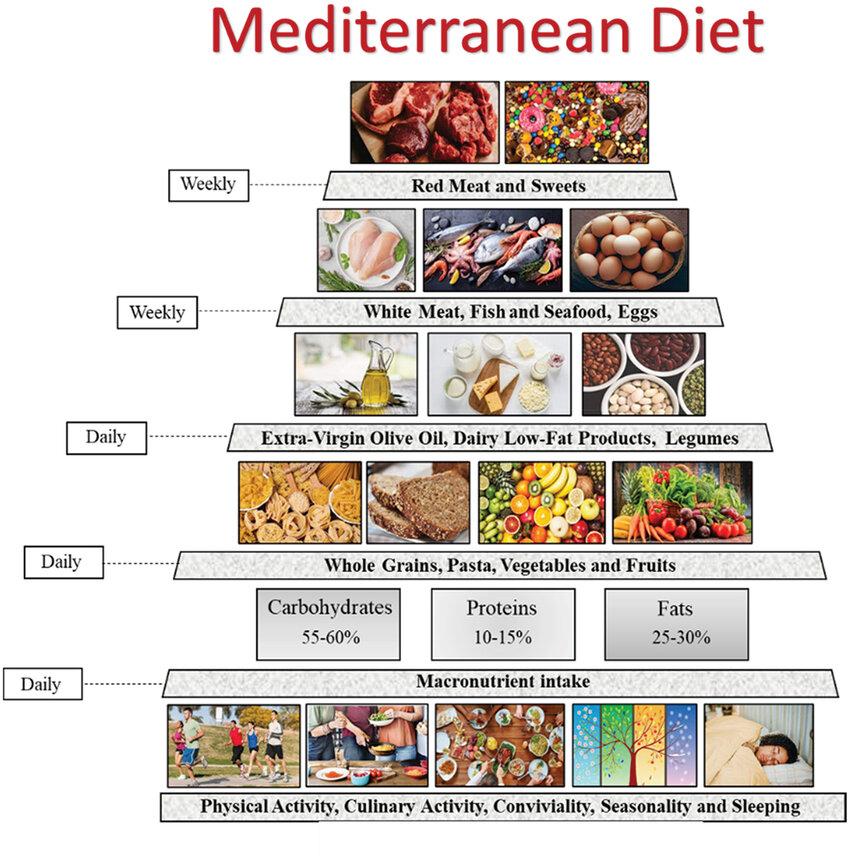Be sure to check out our app Crowd Save The World
Food as Medicine: Healing from the Inside Out
We often hear the phrase, "You are what you eat." But what if food could do more than just nourish our bodies? What if it could heal? The concept of "food as medicine" is gaining traction as more people turn to nutrition to prevent and even reverse chronic illnesses. Science backs this up—studies show that diet plays a critical role in overall health. According to the Centers for Disease Control and Prevention (CDC), poor nutrition is a leading cause of chronic diseases such as heart disease and diabetes, which contribute to millions of deaths each year in the United States alone. But the good news is that the right foods can be just as powerful as medicine.
Chronic diseases such as diabetes, heart disease, and autoimmune disorders are often linked to poor diet choices. Research from the National Institutes of Health (NIH) indicates that plant-based diets, rich in whole foods, can significantly reduce the risk of these illnesses. Nutrient-dense foods like leafy greens, berries, nuts, seeds, and fatty fish provide essential vitamins, antioxidants, and anti-inflammatory properties that help the body heal itself.
For example, the Mediterranean diet, which emphasizes whole grains, vegetables, fruits, and healthy fats, has been associated with a 25% lower risk of cardiovascular disease. Meanwhile, the DASH (Dietary Approaches to Stop Hypertension) diet has been shown to reduce high blood pressure naturally.

One critical aspect of using food as medicine is selecting high-quality, organic produce whenever possible. Organic foods are grown without synthetic pesticides, herbicides, or genetically modified organisms (GMOs), which can contribute to inflammation and toxin buildup in the body. Research suggests that organic fruits and vegetables often have higher levels of antioxidants and essential nutrients compared to conventionally grown options. By prioritizing organic, whole foods, individuals can further reduce their exposure to harmful chemicals and enhance the healing potential of their diet.
Let’s take a look at two inspiring individuals who used food as medicine to transform their health.
Sarah, a 52-year-old mother of three, was diagnosed with Type 2 diabetes. Her doctor recommended medication, but she wanted to try a natural approach first. After researching food as medicine, she switched to a plant-based, whole-food diet. She eliminated processed foods, refined sugars, and unhealthy fats. Instead, she filled her plate with fiber-rich vegetables, legumes, and healthy fats from nuts and avocados.
Within six months, Sarah lost 30 pounds, her blood sugar levels stabilized, and her doctor reduced her medication. A year later, she was off medication entirely, and her energy levels soared. Her success was proof that food could indeed be powerful medicine.

James, a 45-year-old athlete, struggled with chronic joint pain and inflammation for years. Doctors prescribed painkillers, but they only masked the symptoms. Determined to find a long-term solution, James adopted an anti-inflammatory diet.
He cut out processed foods, refined sugar, and dairy while increasing his intake of omega-3-rich foods like salmon, walnuts, and flaxseeds. He also included turmeric, ginger, and leafy greens, known for their anti-inflammatory properties. Within months, his joint pain significantly decreased, and he was able to return to his active lifestyle without relying on medication.
If you’re looking to improve your health through nutrition, here are some simple steps to get started:
More healthcare professionals are recognizing the power of food in preventing and managing disease. Some hospitals now have nutrition-based programs, and medical schools are integrating nutritional education into their curriculums. This shift suggests that the future of medicine may be as much about what’s on your plate as what’s in your prescription.
By making mindful food choices, we can take control of our health, prevent disease, and, in some cases, even help manage or reverse chronic conditions. However, factors like genetics and lifestyle also play a role in overall well-being. Food isn’t just fuel—it’s medicine. And the best part? It’s accessible to all of us, starting with the next meal we choose to eat.




